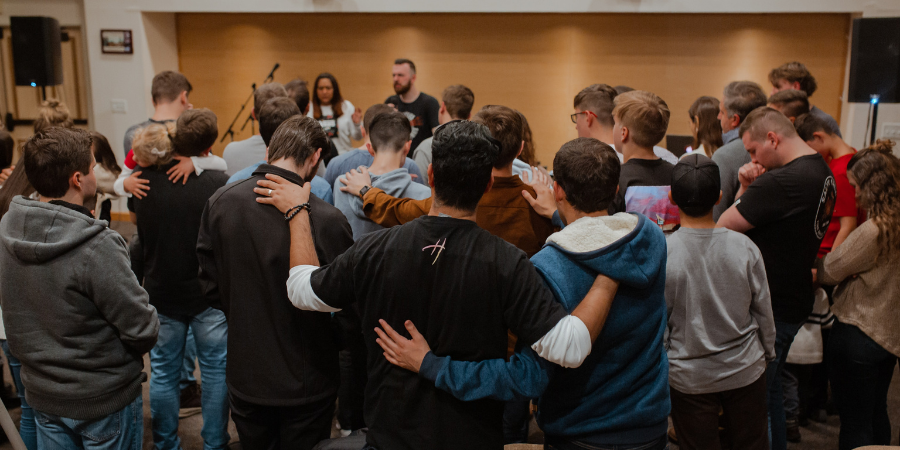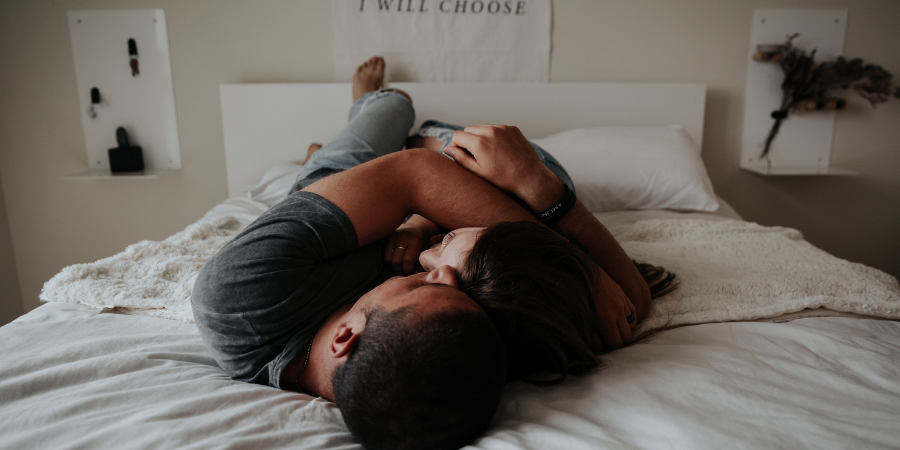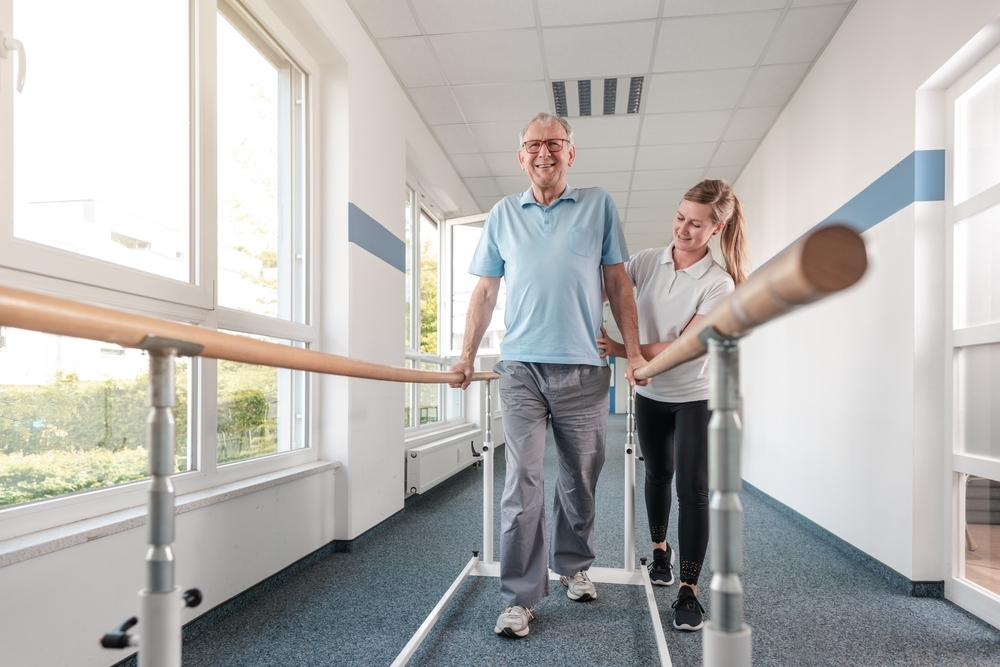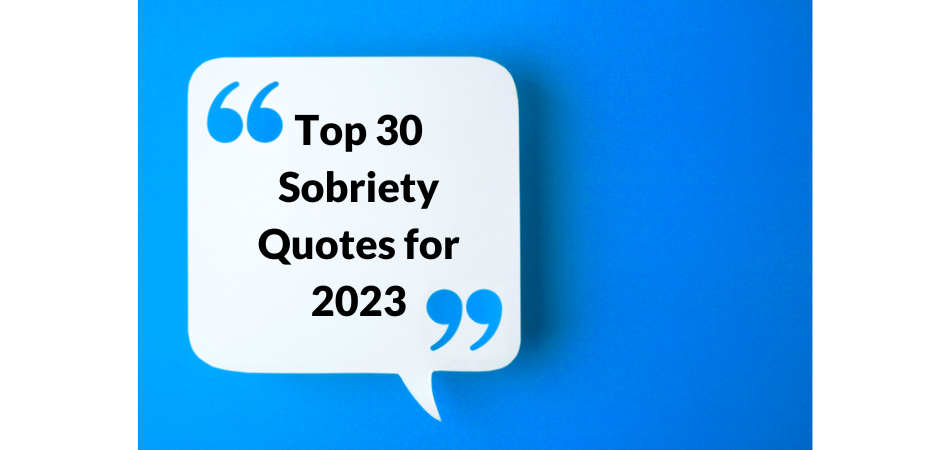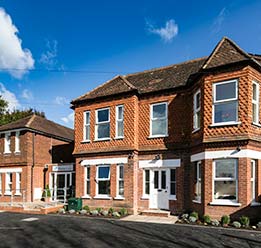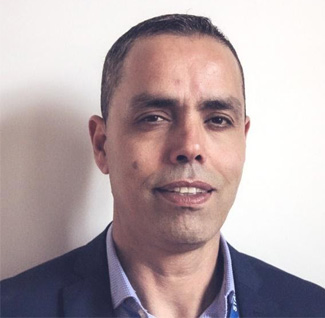
Written by:

Medically Reviewed by:
Last Updated:
January 29th, 2025
Rehab Treatment | Types and Benefits and How it Works
- Select
- Addiction
- Detox
- Rehab Treatment
Are you feeling anxious or worried about drug and alcohol rehab? As you start your addiction treatment journey, it is normal to feel apprehensive. Setting off into unknown territory, your mind may be filled with questions or ‘what ifs’, but rest assured that our team is here to guide and support you every step of the way.
At Primrose Lodge, we offer rehabilitation for addiction recovery; providing for a number of substance abuse and behavioural disorders, as well as the mental health issues that so often come alongside them.
Our private rehab facility provides:
![]()
Behavioural rehab
Learn everything you need to know about behavioural addictions rehab.
![]()
Aftercare services
Learn everything you need to know about the aftercare offered at Primrose Lodge.
Treatment therapies
Learn everything you need to know about treatment therapies at Primrose Lodge.
Treatment programmes
Learn everything you need to know about treatment programmes at Primrose Lodge.
Addiction is complex, and therefore so are treatment and recovery. With our professional help, however, you can escape the grasp of your condition. On this page, we will discuss the treatment options available to you, including what you can expect during your rehab experience.
The stages of rehab
There are three stages of addiction rehabilitation – detox, therapy treatment and aftercare:
Detox
Our comprehensive treatment programme consists of a medically assisted detox (if required) which will help ease your body off the clutches of addictive substances. This is then followed by rehabilitation and therapy, and finally, aftercare.
Therapy treatment
In order to overcome your issues, first, you must understand them – therapy is, therefore, an essential aspect of your recovery. There are many paths that lead to substance abuse or behavioural disorders, but usually, we see patients with underlying mental health issues, including anxiety, depression, and PTSD, amongst others. You may have experienced childhood trauma or another significant event in your life that has resulted in substance abuse or compulsions. Other factors that may also contribute include your genetics and environmental circumstances.
The success of your treatment lies in unravelling the cause of your behaviour, and through a variety of different therapies, you will learn coping mechanisms and techniques to prevent relapse.
Aftercare
The importance of aftercare is significant, as completing rehab does not mean the end of your battle. Long-term recovery requires work, and you may experience many ups and downs along the way. Participating in aftercare programmes will help you to feel connected to a community with a sense of understanding and the ability to support you post-rehab.
Primrose Lodge offers aftercare to all of our clients, helping you to continue on the right path and maintain healthy behaviours.
What can I expect from rehab?
A typical day in rehab will begin with a nutritious breakfast, followed by group meditation and group therapy. After lunch, you will take part in recovery-specific activities, which may involve one-to-one therapy sessions, yoga and exercise, music therapy, family therapy, acupuncture, massage, and other beneficial holistic treatments.
Our Primrose Lodge client, Ellen, shared her thoughts on her time in rehab, saying:
“The best part of rehab was the structure. I absolutely needed to be taken out of life, and the support of staff was just incredible.”
Your days are designed to be structured as a way to prevent boredom or aimlessness – feelings that are frequently associated with relapse. You will feel stable and secure having each day planned, and this will promote lasting sobriety.
The benefits of rehab
Primrose Lodge is a private rehabilitation facility that provides you with outstanding service and a wealth of experience. With the majority of our team having recovered themselves, we can offer an understanding that is often hard to find in day-to-day life.
Carl, who attended Primrose Lodge for cocaine and alcohol treatment, talks about his experience:
“I didn’t understand that being open and honest was key, but hearing other people made me realise that other people felt the same things. It’s an environment in which you are not judged. You’re not told to do things. The more you give, the more you get out of it. If you want to change then it’s available for you.”
As you go through rehabilitation, you will notice other benefits, such as:
- Mental clarity and wellbeing
- Improved physical health
- Develop healthier coping mechanisms
- Improved relationships
- Ability to focus on work
- Ability to find joy in other interests or hobbies
Rehab undoubtedly gives you the ideal environment to recover, surrounded by like-minded people and supported by a professional and empathetic team.
How to ensure a successful rehab
If you are ready and willing to make a change, you have already completed the first challenge of rehabilitation. As you embark on treatment, there are some other things you can do to ensure a smooth and successful rehab, including:
- Find the right programme for you
- Go in with an open mind and trust the process
- Commit to therapy and participate
- Make use of support groups
- Surround yourself with supportive family members or friends
- Focus on creating a relapse prevention plan
- Set goals for each day
- Keep busy with hobbies or things you enjoy
- Eat healthy foods and nourish your body
- Engage in regular exercise
- Get enough sleep
Usually, a twenty-eight-day rehab programme is recommended so that you may immerse yourself in treatment and establish new, healthy habits. Unfortunately, it is common to see patients end their time in rehab once they start to see improvements, but this decision is often disastrous. In order to give yourself the best chance of maintaining sobriety, it is vital that you remain in rehab for the entirety of the programme.
Advice for loved ones
Whether you have a loved one in rehab or would like to talk to a loved one about addiction treatment, it is natural to feel worried or concerned. You may feel relieved that they are getting the help they need and, at the same time, afraid of relapse. You may also be unsure of how to support them, worried about saying or doing the wrong things.
All of these feelings can feel overwhelming, but it is important to take a breath – help is available. Here are some things you can do to support your loved one through rehab:
- Help them to research rehab and treatment options
- Support them and be there for them
- Communicate productively and honestly
- Be open to family therapy sessions
- Avoid enabling behaviours
- Set healthy boundaries and stick to them
- Always come from a place of love when talking to your family member
- Learn about addiction or behavioural disorders
It is imperative that, through this very trying time, you also look after your own needs – having a family member go through rehab can take its toll. Make sure you look after your own health by eating well, getting enough sleep, and exercising regularly. You should set aside time for hobbies and interests and talk to other supportive family members or friends. You may also find professional guidance helpful, and in this case, you should talk to a counsellor.
Start your rehab treatment
Through our inpatient residential rehab centre, you can break the chains of compulsive substance abuse, behavioural disorders, and mental health struggles. Although it may seem daunting, as soon as you walk through our doors, you will realise there is no shame in seeking addiction help.
You can learn all about the cost of rehab at Primrose Lodge; are you ready to discover a stronger, healthier version of yourself? Don’t give another day to these unwanted negative patterns. Our team of experts is here to help – contact us today to start your addiction treatment.

